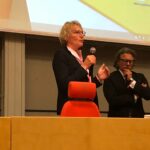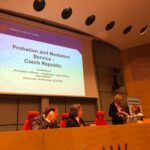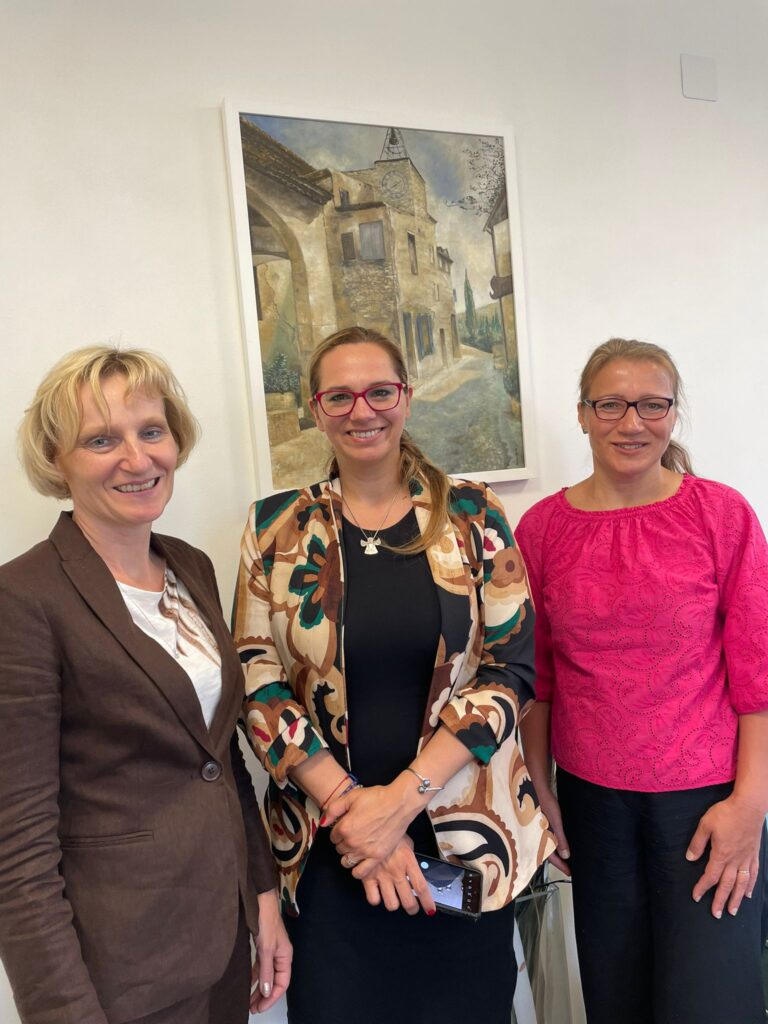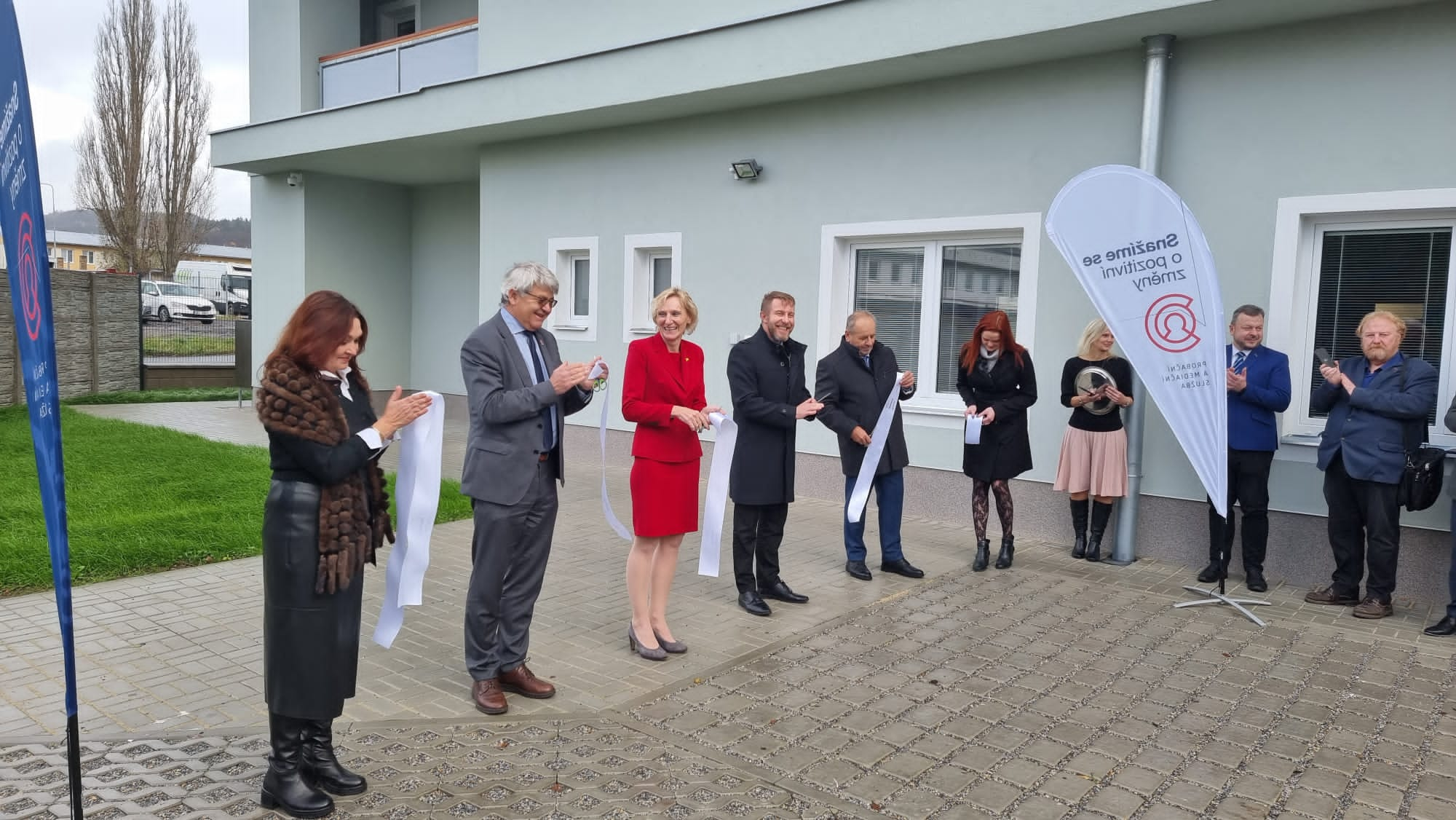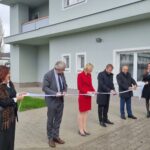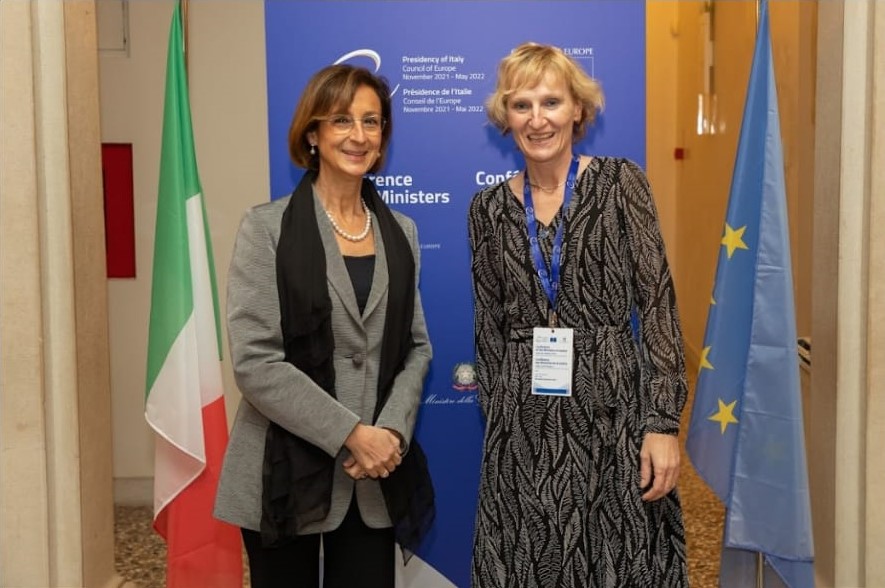Is the day of a probation officer in Germany similar to the one of someone working in Romania? In the series ‘A day in the life of a probation officer’, we publish articles written by probation officers from different countries in Europe to see if their days look alike or are very different from each other. This article is written by Martina Behalkova, a probation officer from the Czech Republic.
I have been working as a probation officer for five years. My whole professional career I have been specializing in childhood abuse and neglect. Therefore, it was a clear and easy decision for me to join Probation and Mediation Service to focus on juvenile service users. I like this young generation, their opinion and point of view on present-day problems. They look so strong and confident but inside they are often confused and fragile.
The Czech Probation and Mediation Services pay a big attention to this group of young offenders and victims. We have specialized probation officers working with juveniles. They receive special training, for example how to manage a family conference. Juveniles have a lot of differences in comparison with adult offenders. I think the main difference is how they perceive time. In a juvenile‘s life, changes happen quicker than in the lives of adult offenders.
Because of that we usually stay in touch with young service users more often than adult offenders. We speak with them in our offices, visit them in their houses, schools and try to find appropriate sources of help. It is necessary for me to cooperate with all persons who are in touch with the juvenile such as their teachers, their coaches, or their social workers. Last but not least with their family members. All of them give me a part of information about the juvenile and therefore I can compose a mosaic about his/her life. This helps me ask the right questions at the right time and point out their needs.
A collaboration with persons who are in touch with the child is important on all levels. It is a Probation and Mediation Service which supports the System of Early Intervention. This is a process of work and communication in the area of the social and legal protection of juveniles. The members of the System of Early Intervention have regular face-to-face meetings about local problems, delinquent children and juveniles. The representatives of these systems are judges, public prosecutors, policemen, social workers and of course probation officers.
In March 2020, the lives of our juvenile service users totally changed. In the Czech Republic, all schools immediately closed. Nobody expected it. The schools stayed closed with short reopenings nearly for one whole year. At first, the juveniles were extremely happy. They could not believe in their happiness, they had days off, everywhere was chaos, nobody knew what to do. Their teachers tried to find appropriate communication channels to continue juveniles‘ school duties.
The fact is, although teachers tried to do their best, these juveniles have been staying with their families, nearly for one year without social contact, a face to face with their teachers, their schoolmates, and their friends. Day after another their sports clubs, leisure – hobby centers, swimming pools, playgrounds… were all getting closed. The juveniles stayed home and their lives transformed into digital space for days, weeks, and months… They had been spending hours in front of various digital devices. Their greatest concern was…“Do you have a fast, strong Wi-Fi connection?“…If not, you don´t exist! In this situation, we missed information that usually a juvenile´s teachers and coaches could observe. We had to rely on information from the family. It was a new experience for me, verifying this information was difficult, but not impossible.
This time was also hard for these juveniles’ parents. Some of them lost their jobs, didn´t have enough money, didn´t have enough digital devices for all children in the family, or parents were overloaded and had to day after day cook for their children, and help them with school duties. Inside families, we could recognize tensions, arguments, and domestic violence as well. The juveniles didn´t have any place to escape, they were inside their family house for a long long time. During this hard time, probation officers paid more attention to domestic violence.
Media in the Czech Republic reported a higher alcohol consumption but my personal experience with a group of juvenile offenders has been a little different. Many juveniles told me that they left experimenting with drugs because of the Covid situation. Everything was closed like pubs, music clubs and these places protected them from high-risk moments in their lives when they usually experimented with alcohol or drugs. They described to me that it was easy for them because of the lack of opportunities that usually were given to them by their peers. I hope that they hold on to their decision for the future, for the ‘non- Covid times‘. I am not under any illusions regarding it but I cross my fingers.
So.. the work of probation officers varies. No day is the same and the ‘Covid time‘ teaches us new, unexpected things. We were in touch with the juveniles more often than usual, owing to telephone calls for example. Young offenders showed me that they are stronger than I expected them to be, to survive this scary period. However, I make sure that the best is the element of personal face-to-face guidance and help.
This article has been originally published on www.cep-probation.org


